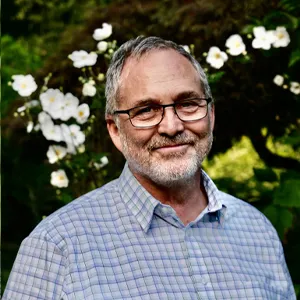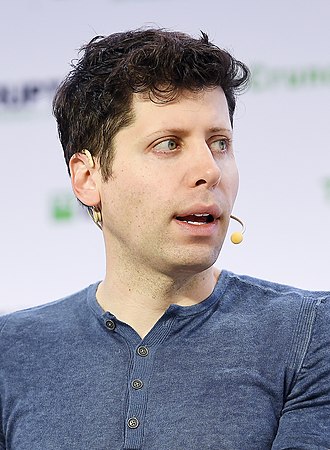Trending
Catogery Tags
a.i. AEO AGI AI Arduino artificial intelligence automation BiBli BiBli OS Business Intelligence Caleb Eastman Cellular ChatGPT Cleaning Coding Music Colorado Data Deep Learning Elon Musk Google hacking Hinton How to HVOB Innovation IoT Jalali Hartman Lex Fridman Machine Learning Microsoft NVIDIA OpenAI Raspberry Pi ROBAUTO Robauto.ai Robotics Robots Sam Altman Search SEO Signals Space TESLA Trump Who Is
-
Who is Timothy Morrissey, Ph.D.
Timothy Morrissey, Ph.D., is a mechanical engineer and entrepreneur, primarily known as… Know More
-









